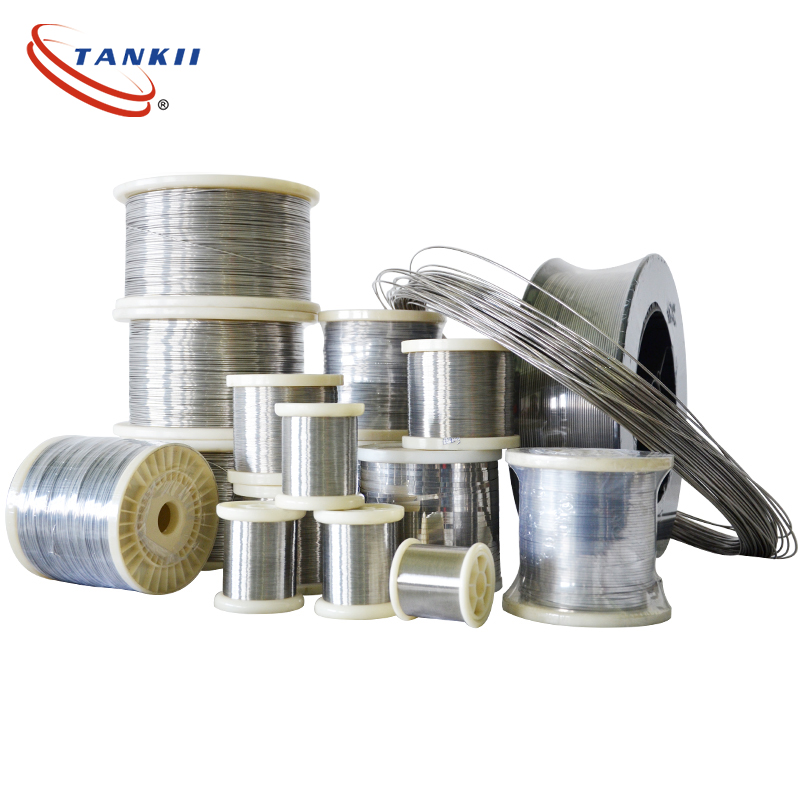Resistance wire is a key component of various electrical and electronic devices and performs a variety of functions critical to their operation. The primary function of a resistance wire is to block the flow of electrical current, thereby converting electrical energy into heat. This property makes resistance wire indispensable in applications such as heating elements, circuit protection, and temperature control systems.
One of the most common uses for resistance wire is in heating elements, which are used to generate heat for a variety of applications. From electric stoves and ovens to industrial ovens and space heaters, resistance wire plays a key role in converting electrical energy into heat. Resistance wire's ability to withstand high temperatures and its excellent conductivity make it ideal for heating applications.
In addition to their role in heating elements, resistance wires are also used in circuit protection devices such as fuses and circuit breakers. When excessive current flows in a circuit, the resistance wire of a fuse heats up and melts, breaking the circuit and preventing damage to connected equipment. Similarly, in circuit breakers, resistance wires are designed to trip and break the circuit in the event of an overload, thereby protecting the electrical system from potential hazards.
Additionally, resistance wire is an integral part of the temperature control system function for devices such as thermistors and thermocouples. Thermistors are temperature-sensitive resistors that use resistance wires to measure and control temperature in applications ranging from automotive engine management systems to medical devices. Similarly, thermocouples use resistance wires to measure temperature differences and convert them into electrical signals, which makes them essential for temperature monitoring and control in industrial processes and scientific research.
The versatility of resistance wires extends to their use in electronic components such as resistors, which are used to regulate the current in a circuit. By providing a specific level of resistance, resistance wires can precisely control the electrical characteristics of a circuit, making them an indispensable component in electronic devices and systems.
Additionally, resistance wires are used in specialized fields such as aerospace and defense, where their reliability and performance under extreme conditions is critical. In aerospace applications, resistance wires are used in heating systems, de-icing systems and thermal management solutions for aircraft components. Their ability to withstand high temperatures and harsh environments makes them ideal for ensuring the safe and efficient operation of aerospace systems.
The importance of resistance wire in various industries and applications highlights its importance in modern technology. Its ability to convert electrical energy into heat, regulate current and facilitate temperature control makes it an indispensable component in heating, electrical and electronic systems. As technology continues to advance, the demand for high-performance resistance cables with enhanced features will continue to grow, further cementing their role in the devices and systems that power the modern world.

Post time: Jun-07-2024




